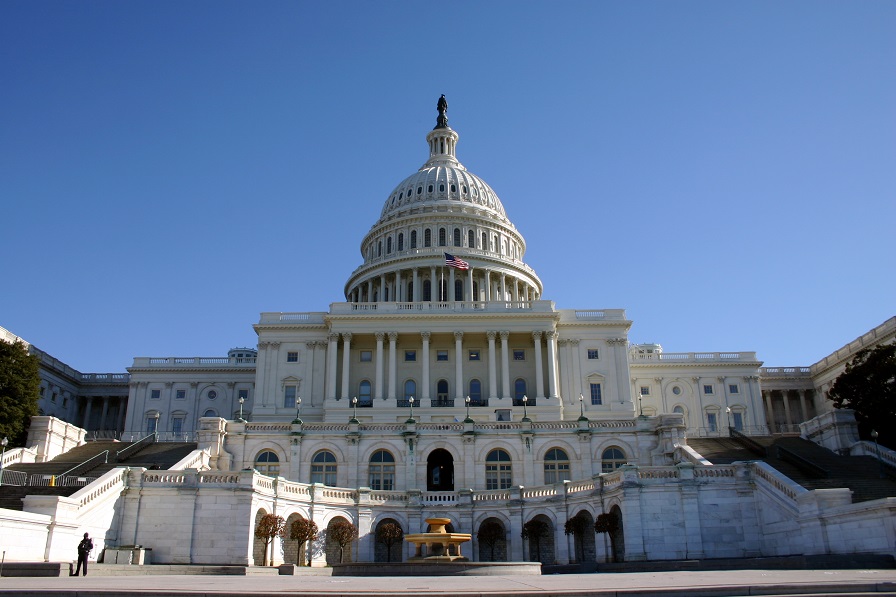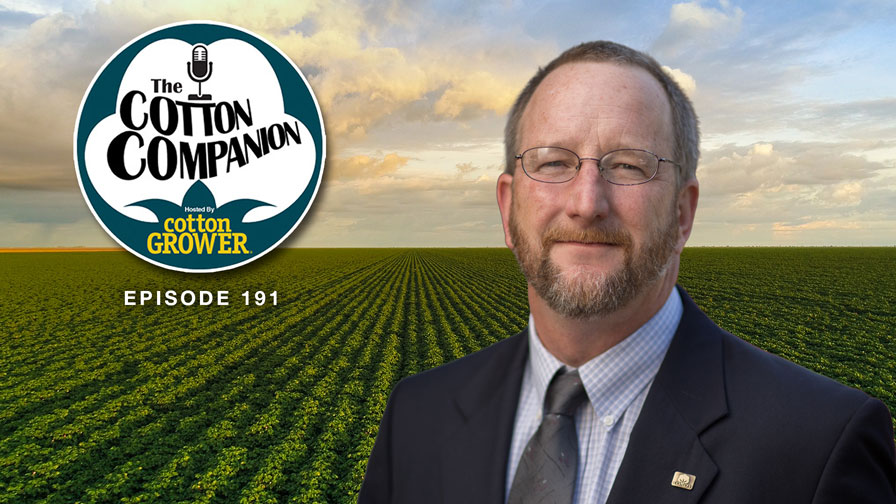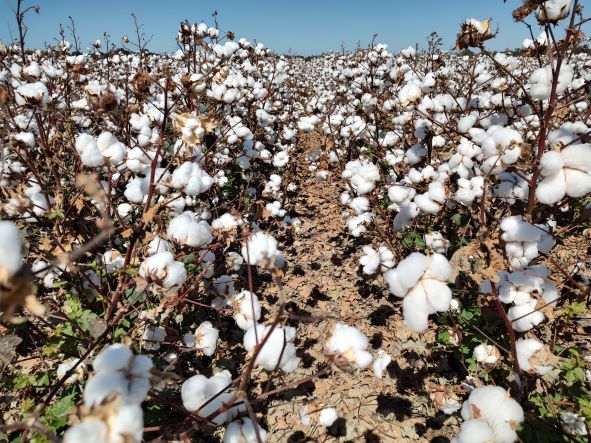U.S., Brazil Discuss Retaliation Options
The Office of the U.S. Trade Representative (USTR) informed cotton industry officials and other agricultural exporting organizations last week that the U.S. and Brazil are engaged in discussions that would result in Brazil not imposing the retaliatory measures authorized by the World Trade Organization (WTO) in the Cotton Case originally filed by Brazil in 2002.
The discussions are a follow up of Secretary of State Hillary Clinton’s talks with Brazil’s President Luiz Inácio Lula da Silva during her visit last week.
Clinton said after her meeting, “There’s so much trade between our two countries, and it is an area of such potential growth between our two countries, that we hope we’re able to work through this issue and get to a resolution.”
Brazil had announced it would release the list the of products it would impose $560 million in retaliatory duties on March 1st, but they are holding back the announcement pending the arrival this week of Secretary of Commerce Gary Locke and Michael Froman, the White House Deputy National Security Advisor for International Economic Affairs, who will attempt to resolve the matter. Reports indicate that the original list of some 200 products has been winnowed down to 50. If, and when, the retaliation is
announced it would not become effective for 30 days.
NCC Statement on Brazil’s Retaliatory Trade Measures Announcement
Given world cotton market conditions and the dramatic changes that have been made in the U.S. cotton program, Brazil’s latest actions are imposing unwarranted harm on Brazilian and American interests in times of economic hardship for all. Historically, dispute settlement is frequently made more difficult, not easier by the application of retaliatory trade measures. Both Brazilian and American firms will find themselves economically disadvantaged by the imposition of such duties.
Brazil is taking retaliatory steps even though world cotton prices are more than 50 percent higher than 2005, which served as the basis for the original Panel ruling. U.S. cotton harvested acreage and production are down by more than 40 percent, while production in Brazil, China and India has expanded.
In response to the findings of the original World Trade Organization (WTO) panel, cotton’s Step 2 program was eliminated in 2006. The 2008 U.S. farm bill lowered the upland cotton counter-cyclical target price and made changes in the marketing loan program, effectively lowering the average loan benefit to producers. The costs of U.S. cotton price-related programs are down more than 80 percent from the previous five-year average and are projected to be minimal for the foreseeable future.
The U.S. cotton program’s share of the retaliation awarded to Brazil by the WTO is relatively small and fixed at $147 million. The retaliation damages associated with the export credit guarantee program, which are determined annually using a formula developed by an arbitration Panel, were recently claimed by Brazil at more than $600 million.
The higher import duties announced by Brazil do not take effect for 30 days. The two governments should engage in discussions to avoid the harmful effects of retaliation, but any resolution must recognize the realities of today’s cotton market and the previous changes in U.S. programs.









